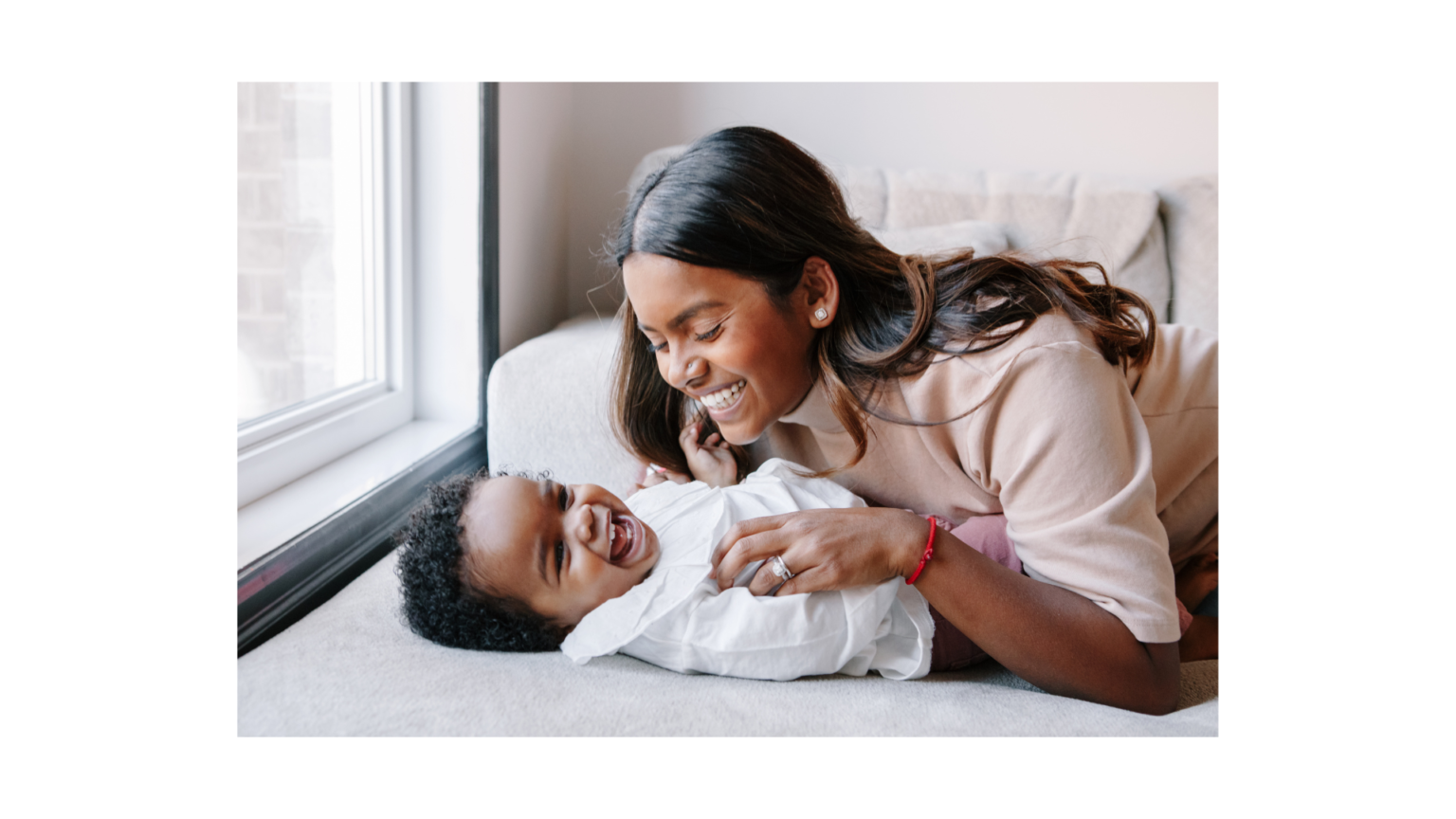Community-Driven Initiatives
The WHBC realizes that in order for efforts to be successful, they must come from and be formed by the community in Worcester. Our projects reflect a strong level of community voice and engagement in order to reach our collective goals.
WORCESTER COMMUNITY HEALTH IMPROVEMENT PLAN

The Baby Box Project
The WHBC held a Community Healthy Baby Forum on Friday, September 30th, 2016 at City Hall during which several different Maternal/Child Health intervention programs were proposed for WHBC to focus efforts on during the coming year, with a particular focus on Worcester’s Hispanic/Latina population. The most popular of these, by a vote taken during the event, were the Baby Box project, Centering Pregnancy, and an outreach project to local churches/salons/laundromats.
The Worcester Healthy Baby Collaborative and Worcester Division of Public Health are currently working to bring a universal Baby Box distribution project to the City of Worcester. The Baby Box concept is based off of a long-running tradition in Finland of providing a box of supplies to the parents of newborn infants for their use in the care of their new child. The box itself is also unique in that it is padded on the bottom and can be used as a safe sleep space for an infant, similar to a bassinette. A Los Angeles-based company, the Baby Box Co., has brought this concept to the United States and, in partnership with the Bezos Family Foundation, works to provide boxes for all newborn infants born in several communities nationwide. The WHBC and WDPH are currently working with the Baby Box Co. to lay the groundwork necessary for Worcester to become the next universal Baby Box distribution community. More information about the Baby Box Co. can be found at their website. https://www.babyboxco.com/

Past Projects
Engagement with the Latino Community of Worcester
Using the careful, structured, and trust-building community engagement that is the crux of the Nhyira Ba model, the WHBC took this to the local Latino community with the 2016 March of Dimes grant, seeking to develop mutually beneficial relationships with respect for the Hispanic community’s self-knowledge, building upon its strengths with an approach of flexibility and adaptability of best practices in order to shape activities to be truly relevant locally. As a result of this work in 2016, the WHBC held a forum for leaders in the Latino community to discuss solutions to the high Hispanic IMR. WHBC members presented a variety of options to the community at the forum and ultimately chose to proceed with the community’s first and second choices. One choice, the Baby Box initiative, was first piloted among the community and surveys of community voices were collected in local businesses, such as laundromats. The forum included a number of civic leaders from Worcester, as well as the WHBC presenting the City Manager’s office with a report on the disparities in the infant mortality ratio (IMR) in Worcester and proposed solutions for the city to take on.

Blessed Babies
Blessed Babies is a faith-based prenatal education program developed by the Worcester Healthy Baby Collaborative sponsored by the March of Dimes. The purpose of the program is to give pregnant African and Hispanic women medical and lifestyle information important for a healthy pregnancy and birth. The goal is to promote and support the adoption of healthy lifestyle behaviors during pregnancy and childbirth, to meet the specific needs of Worcester immigrants by customizing a successful program developed by the March of Dimes in Texas, and to encourage faith organizations to become involved in maternal and child health issues.
Nhyria Ba
The groundwork for community engagement began with the successful model of the Nhyira Ba project with the local Ghanaian community. Several characteristics of the Nhyira Ba model have led to a successful outcome. First, similar to other March of Dimes projects such as the American Indian/Alaskan Native “The Coming of the Blessing” or the Texas “Honey Child”, Nhyira Ba is truly “by the community and for the community”, engaging collaboratively with the local community. Second, Nhyira Ba connected the WHBC with local academic institutions whose students and professors linked WHBC with local Ghanaian leaders. These leaders encouraged WHBC to focus on a positive message rather than “mortality” and helped students and WHBC members create culturally and linguistically appropriate social media sites, educational pamphlets, and videos about prenatal nutrition.
